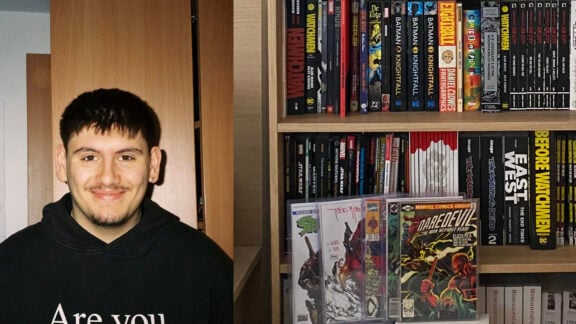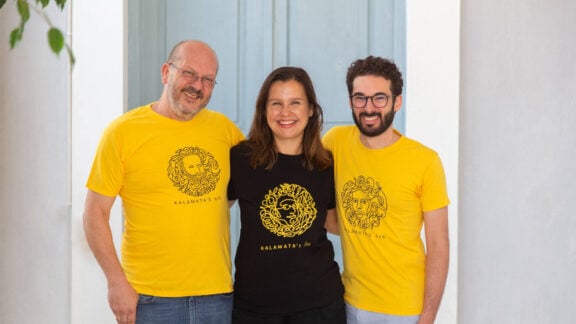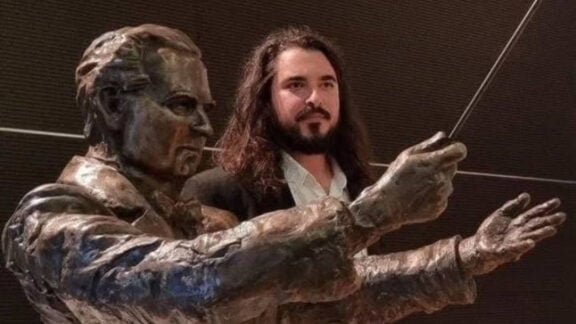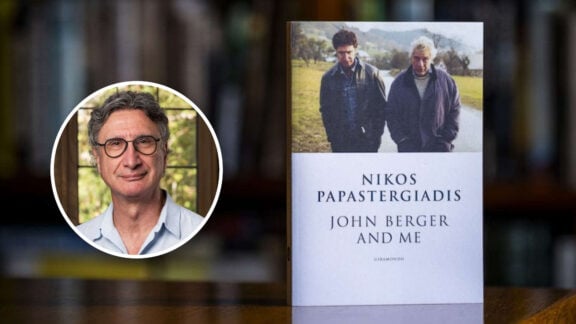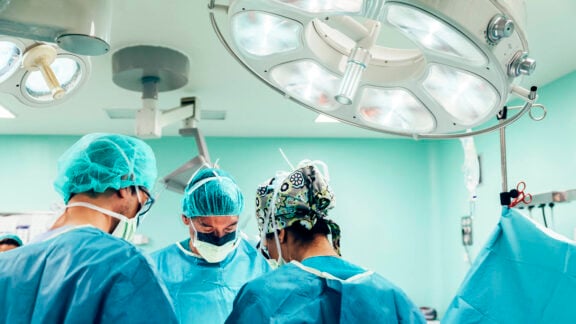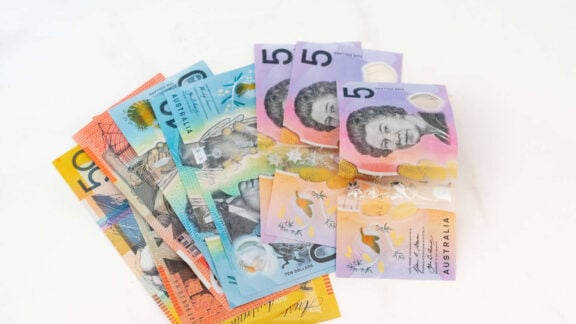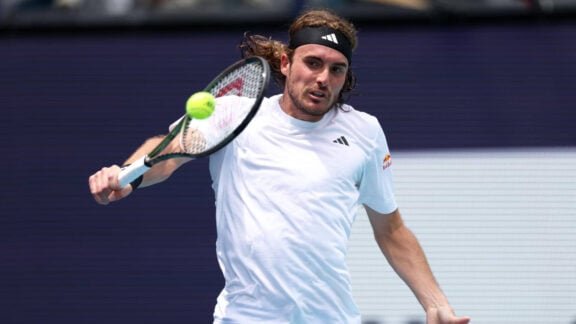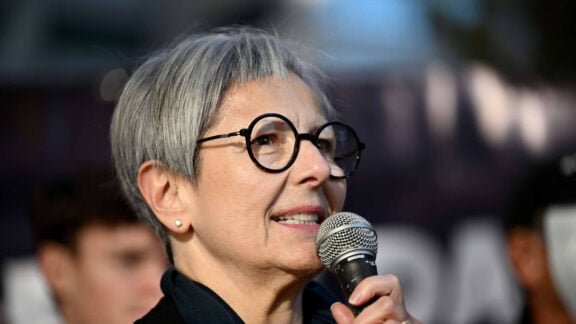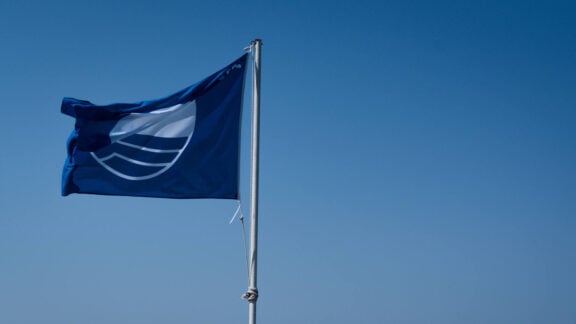Undocumented migrants and asylum-seekers face “shocking” detention conditions in crisis-hit Greece, a UN envoy has said, raising concerns about children being held at a police station and severe overcrowding.
Francois Crepeau, the UN special rapporteur on migrant human rights, said EU states should do more to help genuine refugees leave Greece where he said they are “trapped”.
In recession for the past five years and enforcing a tough austerity policy in return for EU-IMF loans, Greece is now home to hundreds of thousands of undocumented migrants and refugees from Asia and Africa.
With state services nearing collapse after spending cuts and layoffs, authorities last year decided to round up thousands of migrants lacking residency papers in urban police sweeps and detain them until they can be repatriated.
Owing to a shortage of prison space, several disused army barracks have been turned into “temporary hospitality” centres for them.
Mr Crepeau said he had visited 11 detention centres and related police facilities around the country during a nine-day visit, part of a year-long study on the management of the EU’s external borders.
The Canadian official said he saw infants behind bars at an Athens police station, a group of Afghan children living under an underpass at the port of Patras, and a cramped detention centre near the Greek-Turkish border where newly arrived migrants can be held indefinitely.
“Twenty-eight people are held in a small room. The beds are concrete slabs. The toilets are filthy. There is no artificial light. These are shocking places,” said Mr Crepeau, who has also visited Tunisia, Turkey and Italy.
Most of the Greek detention facilities he visited lacked heating and hot water and the detainees were suffering due to insufficient and poor quality food, lack of soap and other hygiene products, clothing and blankets, he said.
Citing a “need for solidarity”, he said “EU members should do more at a bilateral level” to help Greece’s refugees.
“At present there is no will to re-establish refugees trapped in Greece,” he said. “EU states have a much bigger role to play in supporting Greece, but also Turkey and Tunisia.”
He urged the EU to support initiatives to improve services for migrants, rather than for the construction of detention centres, and to consider providing direct funding to aid groups working with migrants.
Greece lacks a coherent strategy for handling undocumented migrants who cannot be deported, Mr Crepeau said.
Government officials told him that a civilian asylum service and a proper first reception procedure to screen vulnerable migrants would be in place by June.
In a press statement, Mr Crepeau said he was also “deeply concerned” about “widespread” xenophobic violence and attacks against migrants in Greece in which law enforcement officers have also allegedly participated.
“Migrants told me of violence by coastguards and border guards, in detention or outside. And of law enforcement personnel remaining inactive when violence happens,” Mr Crepeau said.
Most of the attacks have been attributed to the neo-Nazi group Golden Dawn, which earlier this year elected 18 deputies to the 300-seat Greek parliament and has seen its approval ratings climb to more than 10 per cent in recent opinion polls.
A silent march against racism in Greece will be held on December 15.
Source: AFP
Advertisement
Migrants in Greece face ‘shocking’ conditions, says UN envoy
Undocumented migrants face “shocking” detention conditions in crisis-hit Greece, raising concerns about children being held at a police station and severe overcrowding

A migrant living in Athens is frisked by a Police officer during an ID-check operation in central Athens, Greece, 06 August 2012. A large scale operation under the code name 'Xenios Zeus', has been launched past 04 August with more than 1,100 non-legal immigrants being arrested and another 4,900 brought in for questioning by Police in the wider Athens area, the Attica Police General Directorate (GADA) announced on 07 August. Photo: AAP via EPA/ALKIS KONSTANTINIDIS
